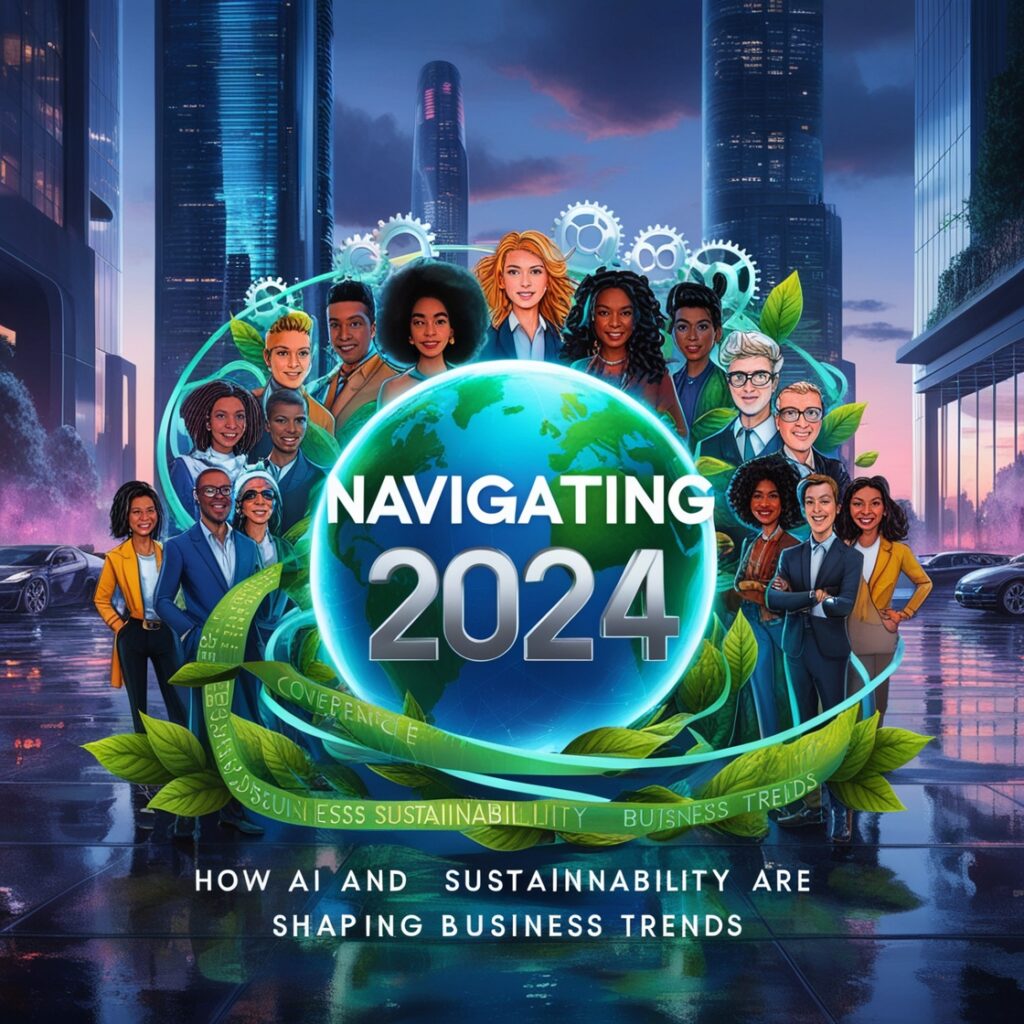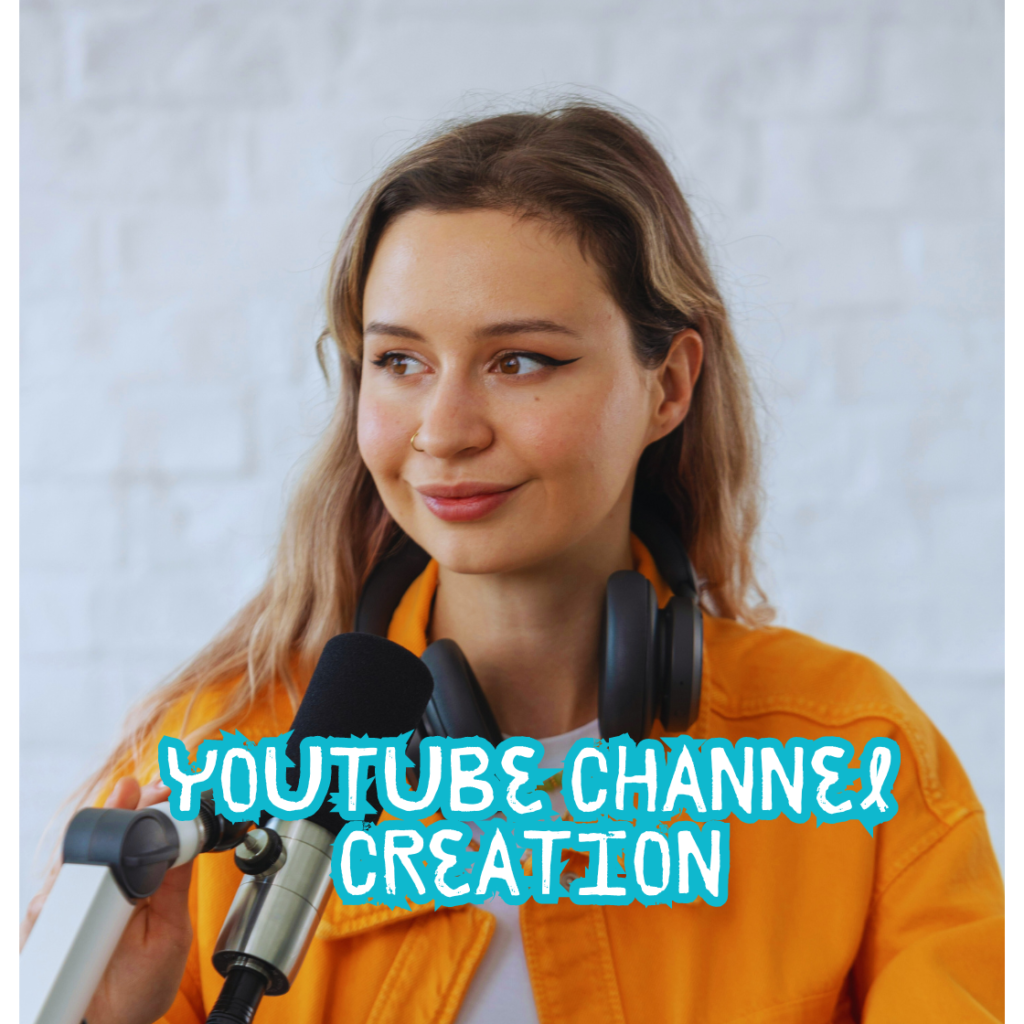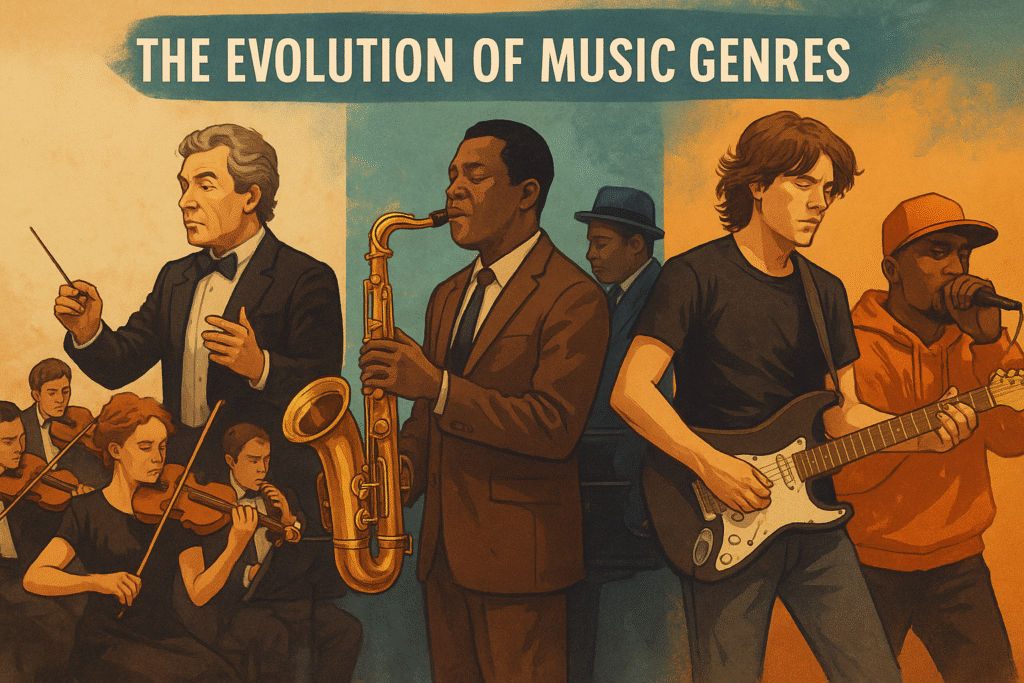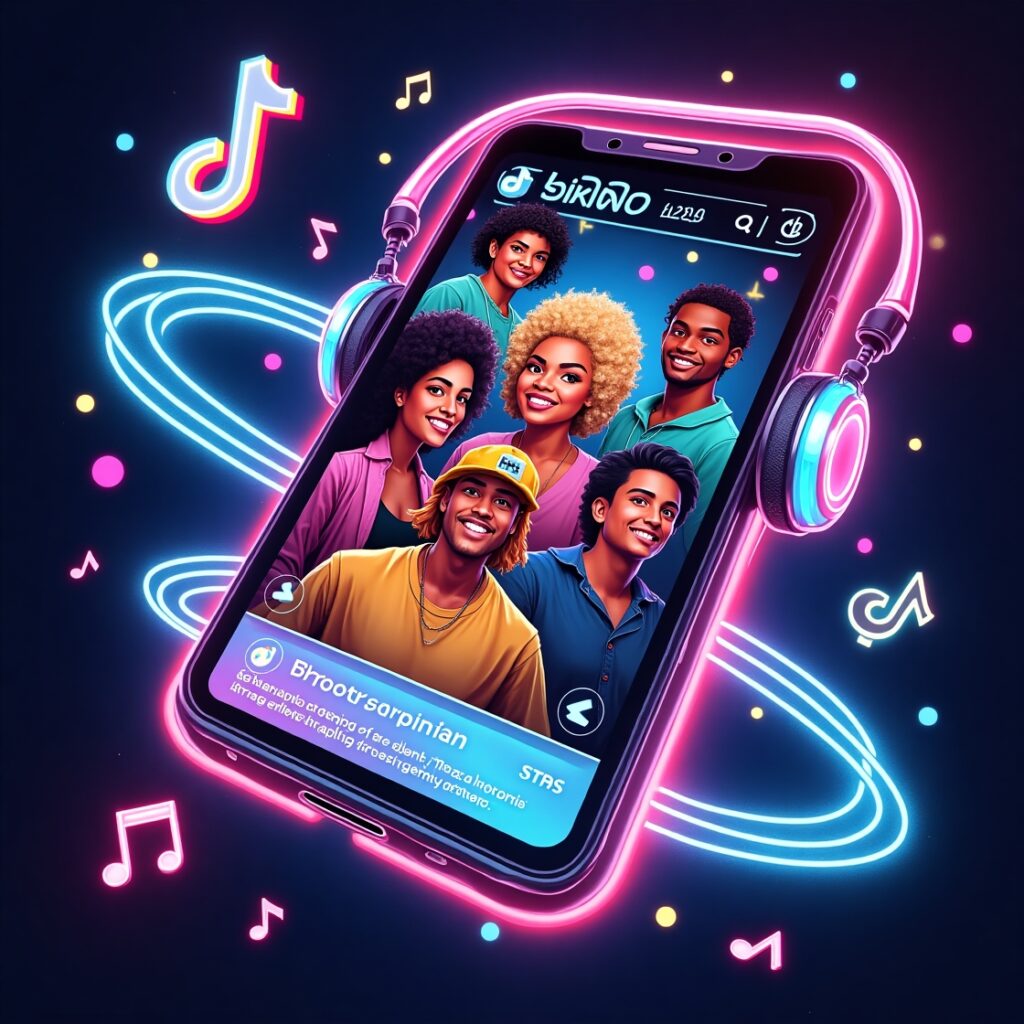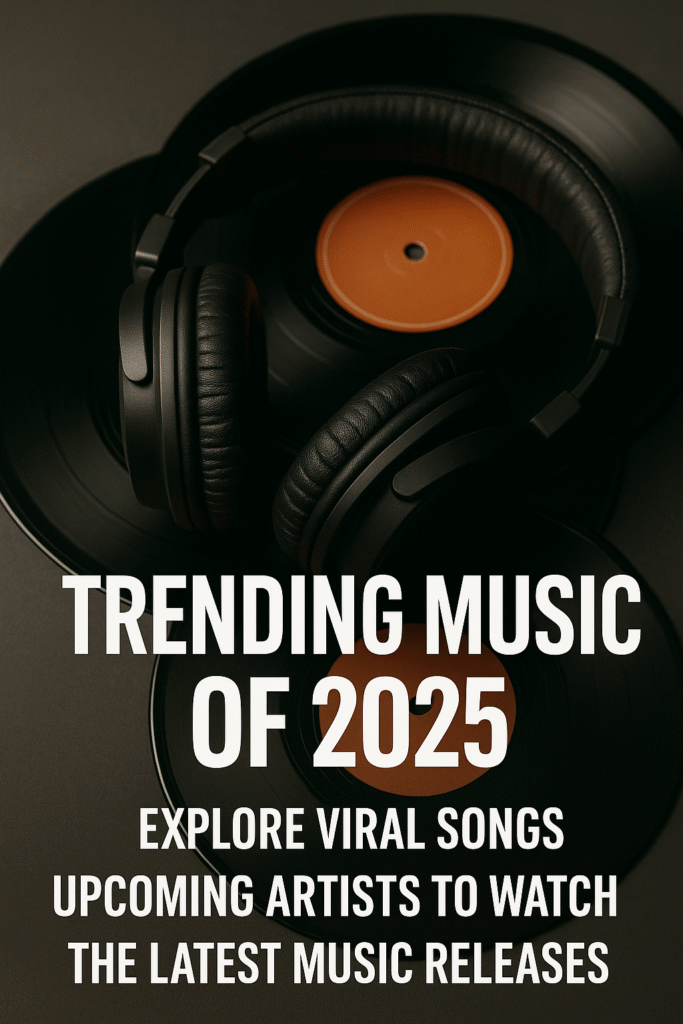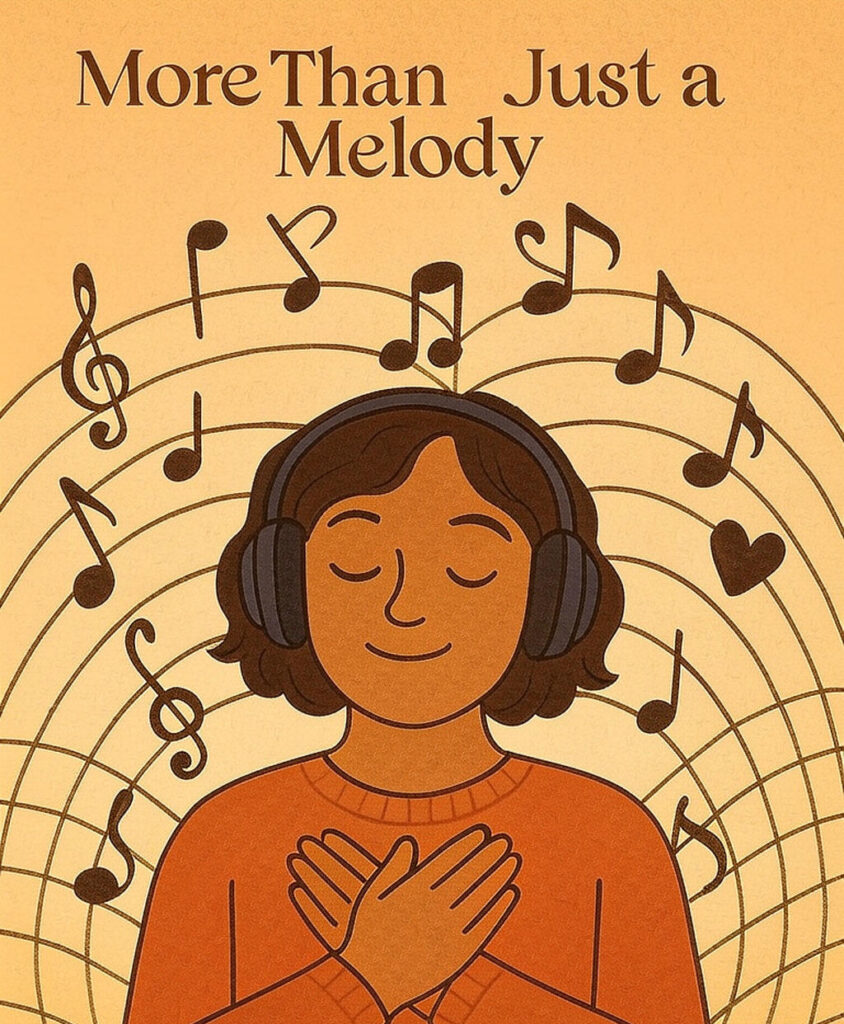What is Music SEO?
Music SEO refers to the process of optimizing digital content related to music—such as artist websites, streaming profiles, social media, and blog posts—to rank higher on search engines like Google, Bing, and even music-specific platforms like Spotify or YouTube. By aligning your content with what fans and algorithms are looking for, you increase discoverability and drive organic traffic to your music.
In 2025, music SEO goes beyond traditional website optimization. It involves understanding fan behavior, leveraging metadata, and integrating with platforms where music consumption happens. Whether you’re an independent artist or a record label, mastering music SEO can amplify your reach.
Why Music SEO Matters in 2025
The music industry is more competitive than ever. With over 100,000 tracks uploaded daily to platforms like Spotify, standing out requires strategic visibility. Here’s why music SEO is critical:
- Increased discoverability: Fans searching for new music or specific genres can find you more easily.
- Fan engagement: Optimized content keeps fans on your platforms longer, fostering loyalty.
- Cost-effective promotion: Unlike paid ads, SEO drives organic traffic without ongoing costs.
- Algorithm advantage: Platforms like YouTube and Spotify use their own “SEO” algorithms to recommend content.
By prioritizing music SEO, you ensure your music reaches the right ears at the right time.
Key Strategies for Music SEO
Effective music SEO combines traditional SEO techniques with music-specific tactics. Here are the core strategies to implement in 2025:
1. Optimize Your Artist Website
Your website is your digital home base. It’s where fans learn about you, buy merch, and discover your music. To make it SEO-friendly:
- Keyword research: Identify keywords fans might use, such as “indie rock artist [your city]” or “[genre] new releases 2025.” Tools like Ahrefs or Google Keyword Planner can help.
- On-page SEO: Include keywords in your page titles, meta descriptions, headers, and content. For example, a blog post titled “Top 5 Jazz Tracks to Listen to in 2025” can attract genre-specific searches.
- Mobile optimization: Ensure your site is responsive, as most fans browse on smartphones.
- Fast loading times: Use tools like Google PageSpeed Insights to optimize performance.
Additionally, create a dedicated page for each album or single with rich content, such as lyrics, behind-the-scenes stories, and embedded streaming links.
2. Master Metadata on Streaming Platforms
Platforms like Spotify, Apple Music, and YouTube rely heavily on metadata to categorize and recommend music. Optimizing metadata is a form of music SEO:
- Song and album titles: Use descriptive, searchable titles. For example, “Summer Vibes 2025 (Acoustic Pop)” is better than just “Summer Vibes.”
- Genre and mood tags: Accurately tag your music with relevant genres (e.g., “lo-fi hip-hop”) and moods (e.g., “chill” or “upbeat”).
- Artist bio: Write a compelling, keyword-rich bio for your Spotify or Apple Music profile.
- Lyrics: Upload lyrics to platforms like Musixmatch, as they can appear in search results.
Well-crafted metadata improves your chances of appearing in algorithmic playlists like Spotify’s Release Radar or YouTube’s recommended videos.
3. Leverage YouTube SEO
YouTube is the world’s largest music streaming platform, making it a critical focus for music SEO. To optimize your music videos:
- Video titles: Include keywords like “[song name] official music video” or “[artist name] live performance 2025].”
- Descriptions: Write detailed descriptions with links to your website, streaming platforms, and social media.
- Tags: Use relevant tags like your genre, song title, and related artists.
- Thumbnails: Create eye-catching thumbnails to boost click-through rates.
Engage viewers by encouraging likes, comments, and subscriptions, as these metrics influence YouTube’s algorithm.
4. Create High-Quality, Unique Content
Content marketing is a powerful way to boost music SEO. Unique, fan-focused content not only attracts visitors but also signals authority to search engines. Consider these content types:
- Blog posts: Write about your music journey, influences, or industry trends (e.g., “How I Produced My Latest Album”).
- Behind-the-scenes videos: Share studio sessions or tour vlogs to connect with fans.
- Playlists: Curate playlists on Spotify or YouTube to showcase your music alongside similar artists.
- Fan stories: Publish fan testimonials or cover versions of your songs.
Ensure all content is optimized with keywords and structured for readability (e.g., using headers and bullet points).
5. Amplify Through Social Media
Social media platforms like Instagram, TikTok, and X are essential for music promotion and SEO. They drive traffic to your website and streaming profiles while boosting brand visibility. Tips for success:
- Consistent posting: Share teasers, live performances, or fan interactions regularly.
- Hashtags: Use trending and niche hashtags like #NewMusic2025 or #IndieArtist.
- Collaborations: Partner with influencers or other artists to expand your reach.
- Engagement: Respond to comments and messages to build a loyal community.
TikTok, in particular, is a hotspot for music discovery in 2025. Create short, viral-worthy clips using your tracks to spark trends.
6. Build Backlinks and Collaborations
Backlinks—links to your website from other reputable sites—are a key SEO factor. In the music industry, you can earn backlinks by:
- Guest blogging: Write for music blogs or magazines.
- Press coverage: Pitch your music to journalists or bloggers for reviews.
- Collaborations: Work with other artists or brands who link back to your site.
Focus on quality over quantity—links from trusted music sites carry more weight than generic directories.
Emerging Trends in Music SEO for 2025
The music industry is shaped by technological advancements and changing consumer habits. Here are the top trends to watch:
1. Voice Search Optimization
With voice assistants like Siri and Alexa, fans increasingly use voice search to discover music (e.g., “Play the latest pop songs”). Optimize for conversational queries by including natural language in your content, such as “best new rock bands in 2025.”
2. AI-Driven Music Recommendations
AI powers playlist curation and music recommendations on platforms like Spotify. By optimizing metadata and engaging fans, you increase your chances of being featured in AI-generated playlists.
3. Visual Search for Music
Visual search tools like Google Lens allow users to find music based on images (e.g., album covers). Ensure your album artwork is unique and tagged with descriptive alt text.
4. Fan-Centric Content
Fans crave authenticity. Share personal stories, live Q&As, or fan-generated content to build a deeper connection and improve engagement metrics, which indirectly boost SEO.
Measuring Music SEO Success
Track your progress with these key performance indicators (KPIs):
- Website traffic: Monitor organic visits using Google Analytics.
- Stream counts: Check Spotify for Artists or YouTube Analytics for streaming growth.
- Search rankings: Use tools like Moz to track keyword positions.
- Fan engagement: Measure social media interactions and website dwell time.
Regularly analyze data to refine your strategy and focus on what works.
Common Music SEO Mistakes to Avoid
Steer clear of these pitfalls:
- Keyword stuffing: Overusing keywords makes content unnatural and can harm rankings.
- Neglecting mobile users: A non-mobile-friendly site drives fans away.
- Ignoring analytics: Without data, you’re guessing what works.
- Inconsistent branding: Ensure your artist name and style are consistent across platforms.
Conclusion
Music SEO in 2025 is about blending creativity with strategy to make your music discoverable in a crowded digital space. By optimizing your website, metadata, YouTube presence, and social media, you can connect with fans and grow your audience organically. Stay ahead by embracing trends like voice search, AI recommendations, and authentic storytelling.
Ready to take your music career to the next level? Start by auditing your online presence, researching keywords, and creating fan-focused content. With the right music SEO strategy, your sound can reach the world.

